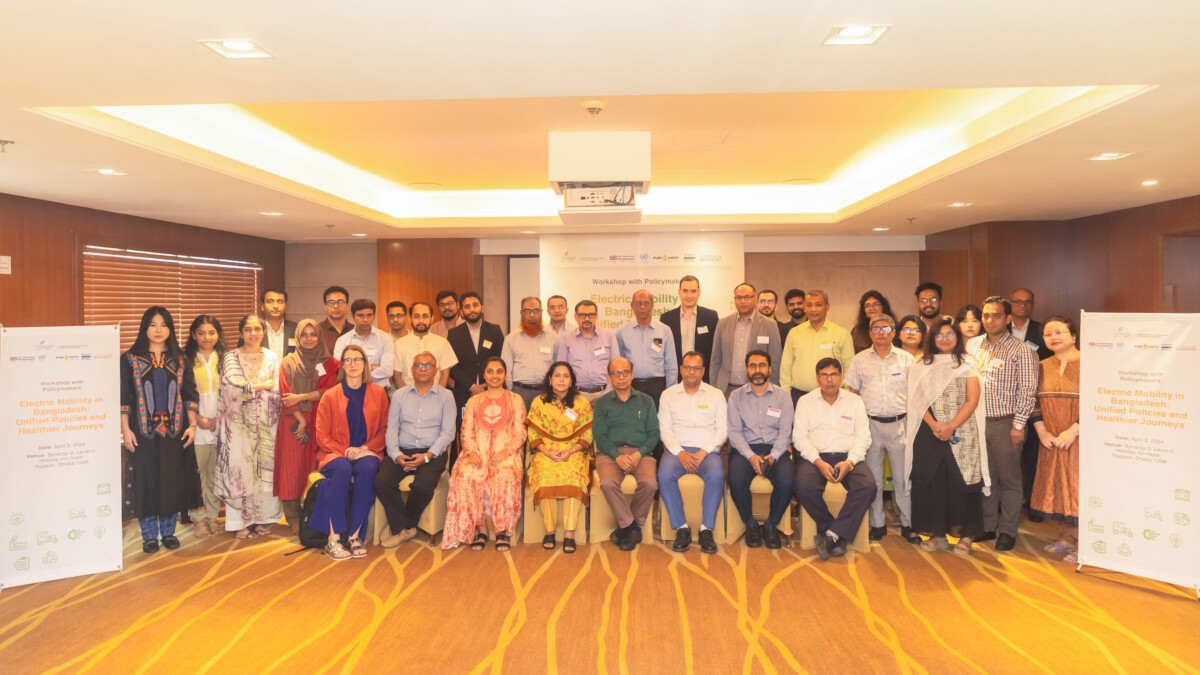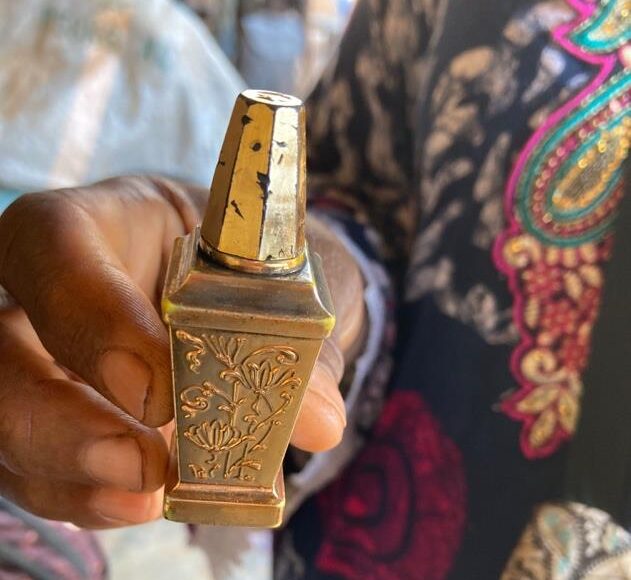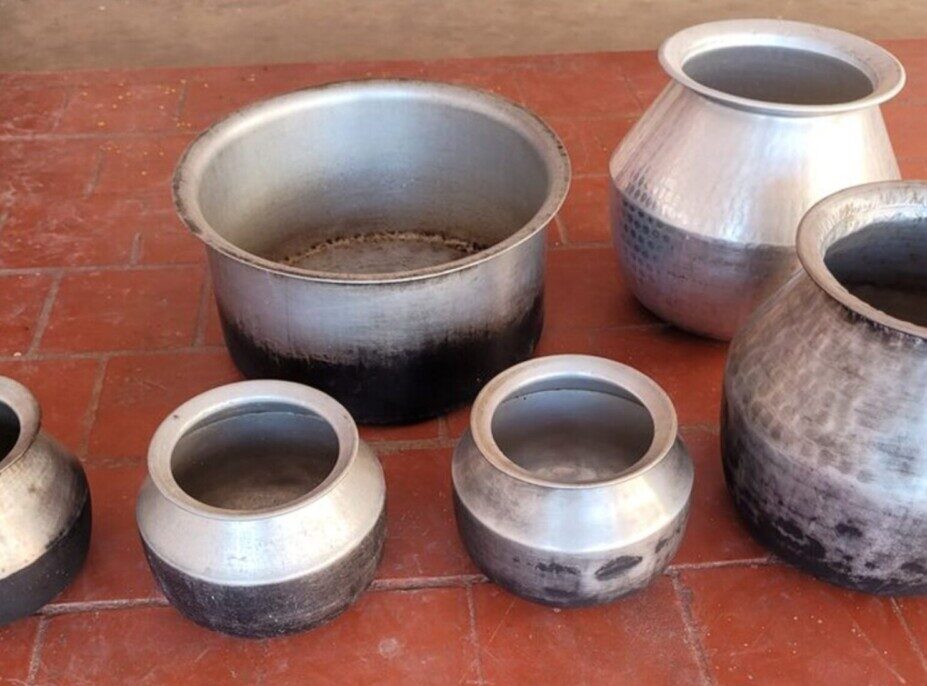SMEP: Development of Business Models and Policy Interventions to Reduce Informal Used Lead-Acid Battery (ULAB) Recycling in Bangladesh

Project Overview
Ministry of Environment, Forest and Climate Change; Department of Environment; Bangladesh Rural Electrification Board; Bangladesh Standards and Testing Institution; Ministry of Finance; Ministry of Labor; SMK; BRAC; Confidence group; battery manufacturers, recyclers, and associations

Pure Earth partners with Georgetown University under the Sustainable Manufacturing and Environmental Pollution Programme (SMEP), generously funded by the UK Foreign, Commonwealth, and Development Office (FCDO) and is implemented in partnership with the United Nations Conference on Trade and Development (UNCTAD). This collaboration aims to tackle the pressing issue of lead pollution in Bangladesh, where informal lead acid battery recycling poses a significant threat to public health.
Bangladesh has 30-40 lac Electric Three-Wheelers – EZ Bikes, Mishuks, and e-rickshaws; moving more than 112 million people per day. As countries shift to sustainable transport, and electric mobility, with its growing fleet of electric three-wheelers, this offers a significant opportunity for urban mobility and climate action. However, this industry has major challenges linked to the circular management of end-of-life lead-acid batteries, the primary technology used in Bangladesh’s electric mobility.
Each EZ Bike’s batteries hold 125 kg of lead, 15 times that of a car battery. Recycled yearly, they create 167,000 MT of lead waste, often informally, causing contamination and health risks. Research shows that over 20% of Bangladesh’s population resides within 5 km of informal smelting sites, with a 6 percentage point rise in terminated pregnancies among those living nearby.
Bangladesh ranks among the countries most severely impacted by lead contamination, largely due to the unregulated recycling practices surrounding used lead acid batteries (ULAB). Two-thirds of Bangladeshi children, that is about 36 million children, have high levels of lead in their blood, linked to loss of intelligence, hindering education and future earning potential, and causing cardiovascular and renal diseases.
The primary objective of this initiative is to construct a robust economic model complemented by strategic policy recommendations to combat the environmental and health hazards stemming from informal ULAB recycling. Through SMEP’s financial support, we embark on a two-year journey, commencing in February 2023 and culminating in February 2025, dedicated to empirical research and testing of innovative business models. These models are designed to facilitate a more streamlined and efficient system for the return and recycling of batteries, ultimately mitigating lead pollution and safeguarding public health in Bangladesh.
The economic model aims to achieve the following:
- Assist in improving the capability and performance of the formal sector to provide quality batteries and effective battery return systems.
- Shift flow of ULAB recycling activities from the informal to the formal sector.
- Put in place measures to ensure extended battery life, which would reduce the number of batteries consumed and recycled and therefore the Pb and CO2 emissions associated with manufacturing and recycling them.
With support from UK Foreign, Commonwealth, and Development Office, Pure Earth, and Georgetown University will:
- Conduct rigorous field research and involve local stakeholders to identify feasible business models and regulatory models to increase the adoption of manufacturing pollution mitigation solutions to increase the formal recycling of batteries in Bangladesh.
- Pilot and assess the scalability of a business model innovation (identified from earlier field research) in partnership with local private sector stakeholders.
- Disseminate findings from research through working groups to assess stakeholder demand for scaling up of identified interventions, and advocacy through press releases and policy briefs to reduce informal recycling of batteries.
Know More:
SMEP Workshop titled “Working with the Battery Industry on Solutions for Quality, Sustainability, and Market Access”
SMEP Workshop titled “Unified Policies and Healthier Journeys”
Factsheet: Rapid e-mobility transition, lead poisoning, and Market & Policy Opportunities
Policy Recommendations: 8-point policy recommendations for three-wheeler vehicles and their batteries
News coverages:
- Three-wheelers consume 5pc of country’s electricity Stakeholders call for sustainable management, The Financial Express (April 2024) | PDF
- Promotion of high quality, durable batteries can prevent lead pollution: Researchers, Bangladesh First (April 2024) | PDF




